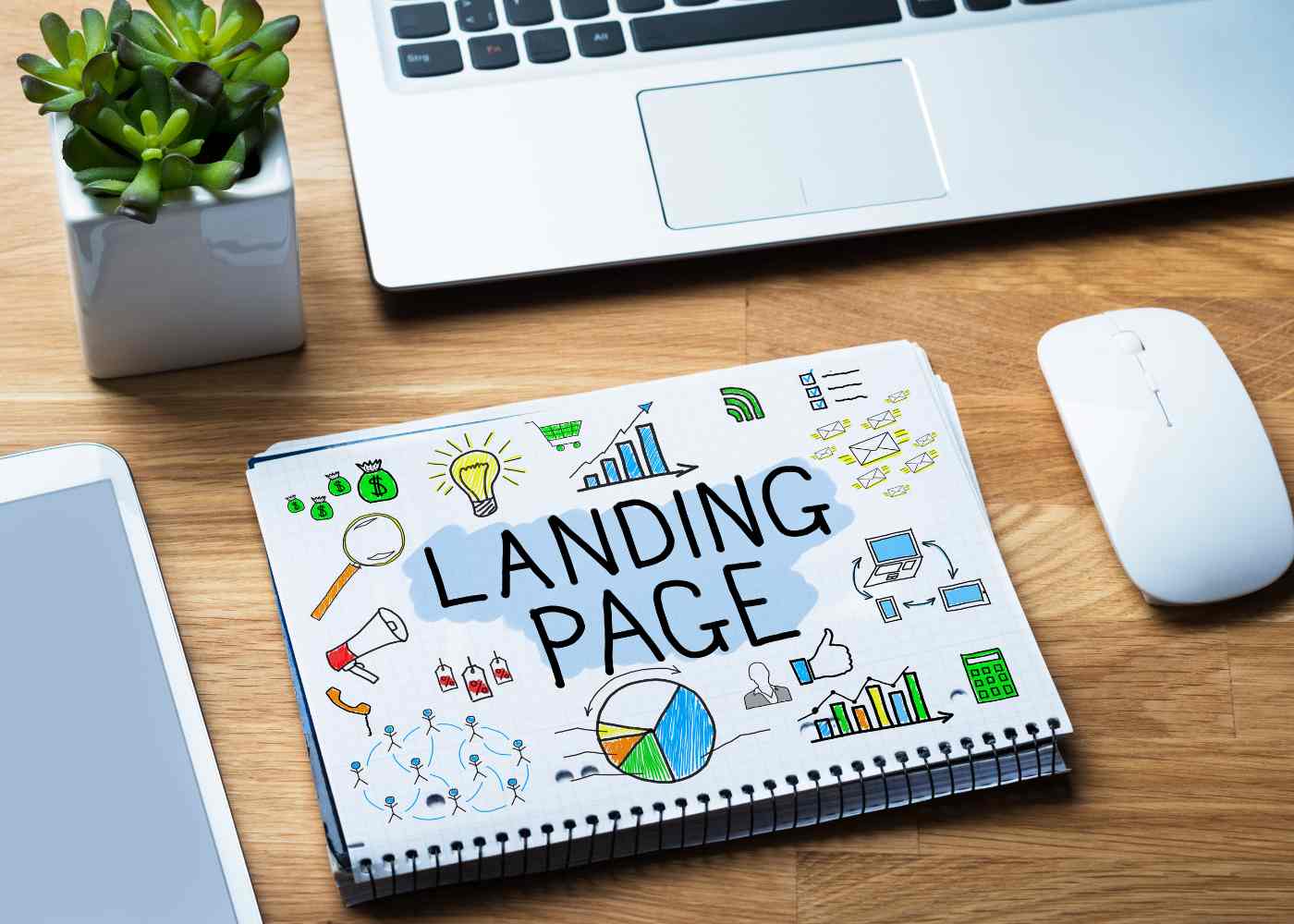If you run a B2C brand, you know how important it is to have
a website that showcases your products or services, attracts new customers, and
builds trust with your existing ones. But how do you choose the best website
builder for your needs? There are many options available, each with its features, benefits, and drawbacks. In this blog post, we will compare some of
the most popular website builders for B2C brands and help you decide which one
suits you best.
What is a website builder?
A website builder is a tool that allows you to create a
website without coding or hiring a developer. You can use a drag-and-drop
interface, templates, and widgets to design and customize your website
according to your preferences. A website builder also takes care of the
hosting, security, and maintenance of your website, so you don't have to worry
about the technical aspects.
What are the benefits of using a website builder?
Using a website builder has many advantages for B2C brands,
such as:
1. Saving time and money: You can create a
professional-looking website in minutes, without spending a lot of money on
hiring a developer or buying a domain name and hosting service.
2. Having full control: You can update and change your
website anytime you want, without relying on someone else or waiting for their
availability.
3. Being user-friendly: You don't need any coding or design
skills to use a website builder. You can simply choose from a variety of
templates and customize them with your content and images.
4. Being SEO-friendly: Most website builders offer features
that help you optimize your website for search engines, such as meta tags,
keywords, and analytics. This can help you rank higher on Google and drive more
traffic to your website.
5. Being mobile-friendly: Most website builders automatically
adapt your website to different screen sizes and devices, so you can reach more
customers who use smartphones and tablets.
What are the drawbacks of using a website builder?
Using a website builder also has some disadvantages for B2C
brands, such as:
1. Having limited flexibility: You may not be able to
customize every aspect of your website or add advanced features that require
coding or plugins. You may also have to stick to the templates and layouts
provided by the website builder, which may not suit your brand identity or
vision.
2. Having less ownership: When you use a website builder, you
don't own your website or domain name. You are renting them from the provider,
who may have the right to delete or suspend your account if you violate their
terms of service or fail to pay the fees.
3. Having less support: If you encounter any problems or
issues with your website, you may not be able to get immediate or personalized
help from the provider. You may have to rely on their online tutorials, FAQs,
or forums, which may not be enough to solve your problem.
Which website builder should you choose?
There is no definitive answer to this question, as different
website builders cater to different needs and preferences. However, here are
some factors that you should consider when choosing a website builder for your
B2C brand:
1. Your budget: How much are you willing to spend on creating
and maintaining your website? Website builders vary in their pricing plans,
depending on the features and services they offer. Some are free or have
low-cost options, while others require monthly or annual fees. You should
compare the costs and benefits of each option and choose the one that fits your
budget.
2. Your goals: What do you want to achieve with your website?
Do you want to sell products or services online, generate leads, build an email
list, showcase your portfolio, or share your story? Different website builders
have different strengths and weaknesses in terms of functionality and
performance. You should choose the one that matches your goals and helps you
grow your business.
3. Your skills: How comfortable are you with using technology
and design tools? Some website builders are more user-friendly and intuitive
than others. Some require more technical knowledge and creativity than others.
You should choose the one that suits your skill level and learning style.
4. Your style: How do you want your website to look and feel?
Do you have a specific theme, color scheme, font style, or layout in mind?
Different website builders offer different degrees of customization and
personalization. You should choose the one that allows you to express your
brand personality and identity.
To help you narrow down your choices, here are some of the
most popular website builders for B2C brands and their pros and cons:
Wix
Wix is one of the most widely used website builders in the world, with over 200 million users. It is known for its ease of use, variety of templates, and rich features
Pros:
- It has over 500 templates that cover almost every industry
and niche.
- It has a drag-and-drop interface that lets you move
elements around freely on the page.
- It has a Wix ADI (Artificial Design Intelligence) feature
that creates a website for you based on your answers to a few questions.
- It has a Wix App Market that offers hundreds of apps and
widgets that you can add to your website, such as online booking, live chat,
social media integration, and more.
- It has a Wix Editor X feature that lets you create
responsive and flexible websites that adapt to different screen sizes and
devices.
- It has a Wix SEO Wiz feature that guides you through the
steps of optimizing your website for search engines.
Cons:
- It has limited flexibility and customization options. You
cannot change the template once you choose it, and you cannot access the HTML
or CSS code of your website.
- It has less ownership and control over your website. You
cannot transfer your website to another platform or host, and you have to use a
Wix-branded domain name unless you upgrade to a premium plan.
- It has less support and reliability. You may experience
slow loading times, downtime, or glitches on your website, and you may not get
adequate help from the customer service team.
Shopify
Shopify is one of the most popular e-commerce platforms in
the world, with over 1.7 million merchants. It is designed for online stores
and businesses that sell products or services online.
Pros:
- It has over 100 templates that are optimized for
e-commerce and conversions.
- It has a Shopify App Store that offers thousands of apps
and plugins that you can add to your website, such as payment gateways,
shipping options, inventory management, marketing tools, and more.
- It has a Shopify POS (Point of Sale) feature that lets you
sell in person using a mobile device or a card reader.
- It has a Shopify Lite feature that lets you sell on social
media platforms, such as Facebook and Instagram, or your website or
blog.
- It has a Shopify Experts feature that lets you hire professionals to help you with your website design, development, marketing, or photography.
Cons:
- It has limited flexibility and customization options. You
cannot change the template once you choose it, and you need to know some coding
or hire a developer to make significant changes to your website.
- It has less ownership and control over your website. You cannot transfer your website to another platform or host, and you have to pay transaction fees to Shopify for every sale you make.
- It has less support and reliability. You may experience slow loading times, downtime, or glitches on your website, and you may not get adequate help from the customer service team.
Squarespace:
Squarespace is a sleek and elegant website
builder that is ideal for creatives and professionals who want to showcase
their work. Squarespace offers beautiful and responsive templates, a powerful
editor, and features such as e-commerce, blogging, and analytics. Squarespace
has a 14-day free trial and a 30-day money-back guarantee. Learn more.
Conclusion
These are just some of the website
builders you can choose from, but many others might suit your
needs better. You can compare different website builders based on their pros
and cons, plans and pricing, and user reviews on sites such as Forbes Advisor or Namecheap.
Ultimately, the best website builder for your B2C brand website is the one that
meets your goals and expectations.
If you wish to contribute to our blog, please email us on morhadotsan@gmail.com.























